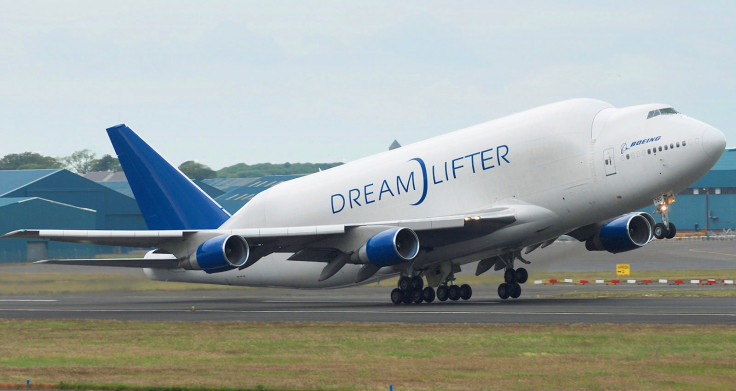8,000 jumbo cargo planes needed for global transport of Covid-19 vaccines.
Passenger aircraft are not suited and equipped for delivery of medical vials
Logistics required to deliver coronavirus vaccines around the world could see the equivalent of about 8,000 Boeing 747s taking on the most challenging global medical transport mission in airline history. The International Air Transport Association foresees this task in the wake of the ongoing race to find a working vaccine to combat the coronavirus pandemic.
Although scientists are still on the table toiling on efforts to concoct a viable COVID-19 vaccine, IATA has already started doing the footwork coordinating with various airports, airlines as well as drug firms and health organisations to ensure an efficient airlift plan.
In a report from the BBC, if a vaccine has been approved for release, the agreed distribution programme has ascertained that only a single dose is needed for each individual.
As airlines shift their gears to cargo delivery, vaccine transport is far more complicated than dealing with the severe slump of passenger flights. Passenger aircraft are not the same as cargo planes as not all are suited and equipped to deliver medical vials. These require a cargo holding with a specific temperature range between 2 and 8 degrees Celsius to maintain shelf potency. Some vaccines may even need to be frozen, excluding more aeroplanes from the list.
IATA's chief executive Alexandre de Juniac said:
"Safely delivering Covid-19 vaccines will be the mission of the century for the global air cargo industry. But it won't happen without careful advance planning. And the time for that is now."
Specifying certain parts of the world such as South East Asia, IATA points out how flights to these areas could be critical due to the lack of vaccine-production facilities. Vaccine distribution could prove to be nearly "impossible" across Africa at this time, as the continent has an evident lack of cargo capacity. Along with this, other factors need to be considered such as the immense size of the region as well as dealing with complicated processing at border crossings.
IATA urges governments to commence fastidious planning as early as possible to ensure each country has been primed and prepared for simultaneous transport once the vaccines are available for distribution. Apart from transport logistics, security also poses another big issue for the airlines.
"Vaccines will be highly valuable commodities. Arrangements must be in place to ensure that shipments remain secure from tampering and theft," added IATA
Transporting these valuable medicines require military precision with deployment to these temperature controlled facilities. The magnitude of such a global operation will need tight coordination to ensure smooth transport across a vast network of locations for storage of the vaccines.
There are about 140 vaccines in their early stages of development and so far two dozen are in the process of clinical trials. The University of Oxford has developed one that is already in its advanced stage of testing.

.
© Copyright IBTimes 2025. All rights reserved.





















